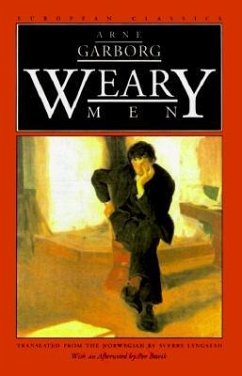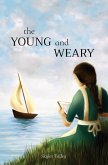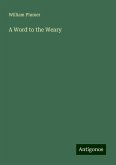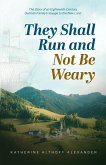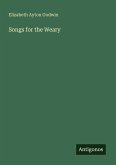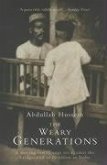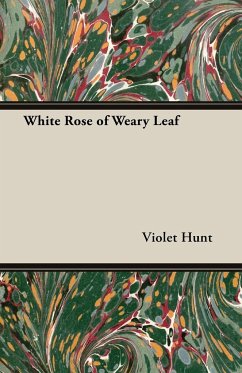With its angst-ridden, sensualist hero, Anne Garborg's classic, Weary Men, (Trætte Mænd) invites comparison with the classic European decadent novels of the turn of the century--Huysmans's Against the Grain and Wilde's The Picture of Dorian Gray. Unlike the protagonists of those novels, however, the hero of Weary Men is treated with irony. And while it is a brilliant novel of ideas, Weary Men has endured primarily because of the acuity with which Garborg explores the roguish main character's psychological makeup. Originally published in 1891, Weary Men introduces a bachelor nearly middle age named Gabriel Gram, who suffers an existential crisis, considers suicide, but finally finds solace in a religious conversion of questionnable sincerity. Garborg depicts Gram's Kristiania (present day Oslo) in fascinating detail as Gram divides his time between male friends and "new women," a new generation of Norwegian women embolded to walk freely with men in public but who continue to rebuff Gram's sexual advances.
Hinweis: Dieser Artikel kann nur an eine deutsche Lieferadresse ausgeliefert werden.
Hinweis: Dieser Artikel kann nur an eine deutsche Lieferadresse ausgeliefert werden.

